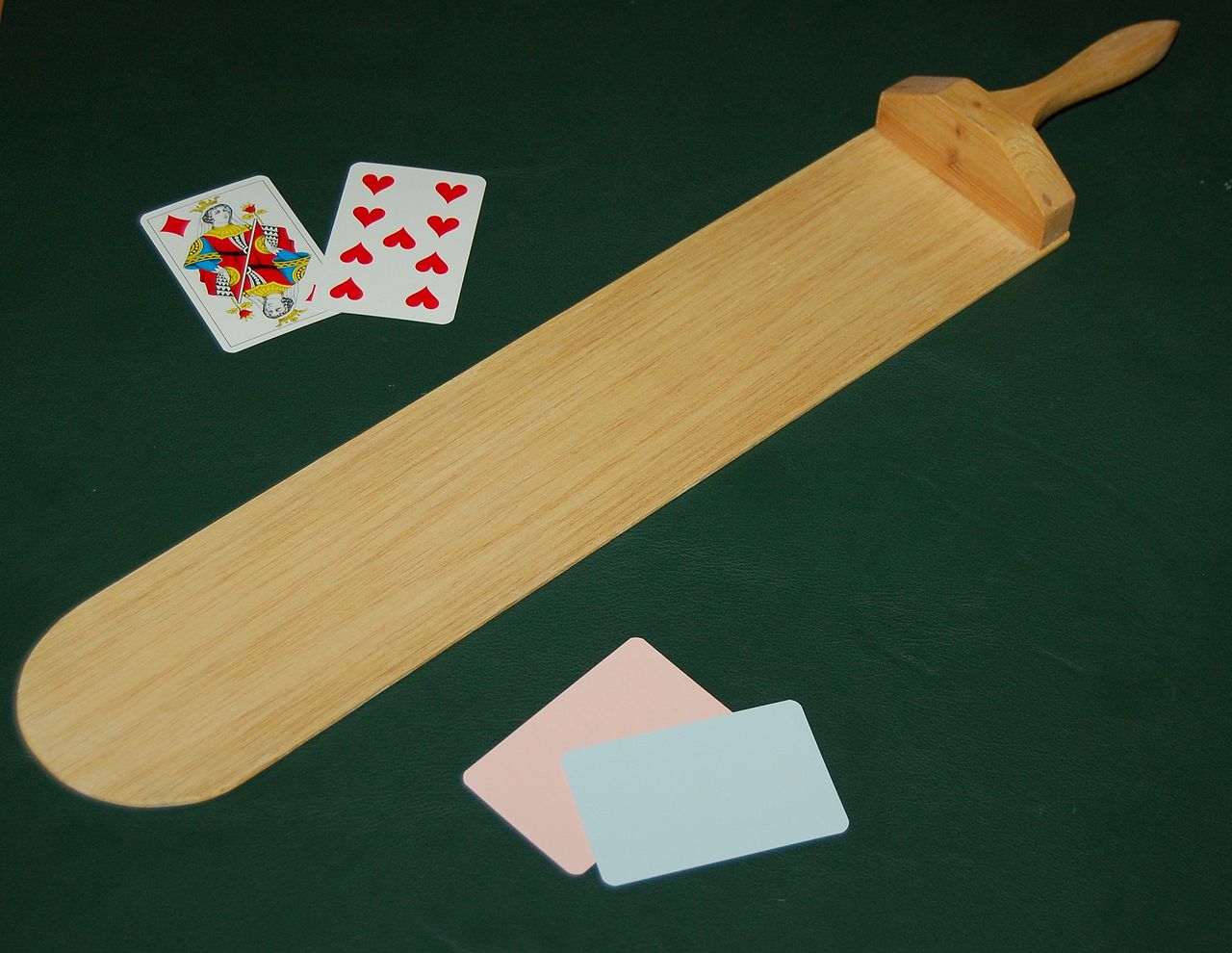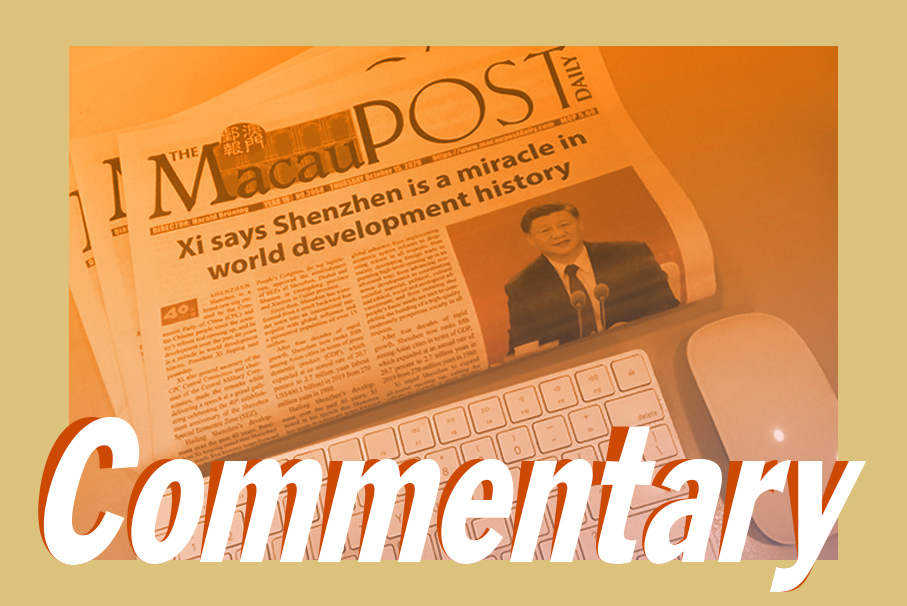Addressing yesterday evening’s press conference about Macau’s novel coronavirus situation, Health Bureau (SSM) Control of Communicable Diseases and Surveillance of Diseases Department Coordinator Leong Iek Hou said the fact that it has taken a long time for the bureau to confirm various places that had been visited by each of the members of the recent Delta variant family cluster and to identify and trace those who had been in contact with each of the four-member family has shown the importance for the government to roll out measures to help record residents’ whereabouts.
Leong said that the bureau will continue developing a new function on the Macau Health Code that will enable residents to record their whereabouts on their smartphones.
The government launched a three-day mass nucleic acid test (NAT) drive on Wednesday last week after Macau confirmed four COVID-19 cases the day before, a family of four comprising a couple and their two children, a schoolboy and a schoolgirl. All of them were infected with the Delta variant. All of the 614,465 people who took part in last week’s 72-hour citywide NAT drive tested negative for COVID-19.
Couple’s growing travel history
In a statement yesterday afternoon, the Novel Coronavirus Response and Coordination Centre announced additional information – again – about the travel history in Macau of the father and mother of the family cluster. According to the statement, the couple went to the CTM branch at The Praia residential estate in Lam Mau Tong district between 1:20 p.m. and 1:35 p.m., and the branch of Hutchison Telephone Macau in Estrada de Coelho do Amaral between 1:45 p.m. and 2:14 p.m. on July 31.
Yesterday afternoon’s announcement came after the centre announced the couple’s additional travel history information on Wednesday, according to which the couple went to three premises on July 29, namely the third floor of the Public Administration Building in Rua do Campo between 12:50 p.m. and 1:50 p.m., the eighth floor of the nearby Women’s Association Building between 1:54 p.m. and 2:17 p.m., and the head office of the Industrial and Commercial Bank of China (ICBC Macau) at the New Orient Landmark Hotel in Zape between 2:30 p.m. and 3:30 p.m.
Public Administration Building staff tested for COVID-19
The situation has resulted in the two-day closure of the entire Public Administration Building for disinfection yesterday and today. The building, which is normally closed on Saturdays and Sundays, will reopen on Monday. About 600 working in the building are required to undergo a COVID-19 nucleic acid test (NAT).
During yesterday evening’s press conference, Leong said that as of 4 p.m. yesterday, 563 of the about 600 staff had already been tested for COVID-19, and about 300 results had meanwhile come out, all negative.
Reporters asked why the couple appeared to have revealed their travel history to the authorities piece by piece. Leong replied that the Health Bureau has noticed that the couple have been unable to remember all the places that they had visited, because of which, Leong said, the Health Bureau has asked Judiciary Police (PJ) officers to question them again about where they had been locally.
According to Leong, the recent police questioning has triggered the couple to remember more and more about their travel history in Macau. If necessary, Leong said, the Health Bureau would ask PJ officers to question the couple again in the near future.
Leong admitted that the COVID-19 family cluster situation has indicated that, due to technical limitations, the Health Bureau normally needs a long time to carry out its epidemiological investigations – such as confirming places that have been visited by those who are later diagnosed with COVID-19, and identifying and tracing those who have been in contact with COVID-19 patients.
‘Not ideal’
Leong admitted that it was “not ideal” that it has taken such a long time for the Health Bureau to identify the local whereabouts of each of the family cluster and trace those who had been in contact with each of them.
Leong said that the situation has “again” shown the importance for the Health Bureau to help residents record their travel history accurately.
The Health Bureau first revealed in June that it was developing a contact tracing mobile app – similar to Hong Kong’s LeaveHomeSafe – that would enable residents to record their whereabouts on their smartphones.
The bureau said in June that the contact tracing app was being designed in a way that would enable the app users to integrate their whereabouts with the generation of the Macau Health Code on their smartphones.
Leong said yesterday that the Health Bureau has suspended its work on developing the contact tracing function due to the ongoing COVID-19 wave resulting from the family cluster – which was confirmed early last week.
Leong said that after Macau’s COVID-19 epidemic situation eases, the bureau will resume its work on developing the contact tracing function, which, Leong said, would be added to the Macau Health Code system.
Leong pledged that the bureau would roll out the new function as soon as possible after the resumption of its development work.
Leong acknowledged that the Macau Health Code system has become increasingly important for various aspects of residents’ daily life, because of which, Leong said, the possible malfunctioning of the Macau Health Code system would immensely affect residents. Consequently, Leong said, the new contact tracing function would only be rolled out after repeated and rigorous testing, with the aim of ensuring that its launch would not cause the malfunctioning of the overall health code system.
Leong reassured residents that their travel history records would only be stored on the users’ smartphones as the new function merely aims to help them record their whereabouts. Leong said that the Health Bureau would be unable to know the smartphone users’ travel history data at all unless they choose an option to send the data to the bureau’s database.
Driver takes leave for accompanying sick family members.
Meanwhile, Tai Wa Hou, a clinical director of the public Conde de São Januário Hospital Centre, revealed during yesterday’s press conference that the family cluster’s father, a driver employed by the Health Bureau, took leave on July 29 and July 31 to accompany his sick family members.
According to Tai, when applying for family sick leave Health Bureau staff members do not need to indicate which family members they are going to accompany due to their illness.
According to the official guidelines, Tai said, Health Bureau staff members on family sick leave are not allowed to leave Macau during the leave period, and they should avoid leaving their home unless necessary.
Tai said that the Health Bureau would launch an investigation into whether the driver had violated the guidelines – such as whether he left Macau and whether he left his home without necessary reason during his leave period on July 29 and July 31.
Sinopharm vs BioNTech
Meanwhile, another 200,000 doses of Sinopharm inactivated vaccine from Beijing arrived in Macau yesterday. The doses were delivered by Nam Kwong Logistics.
Consequently, a total of 700,000 Sinopharm doses have been delivered to Macau since early this year.
Meanwhile, Tai admitted during yesterday’s press conference the fact that the Sinopharm vaccine is still not available to those aged between 12 and 18 in Macau is possibly the reason for the “not ideal” COVID-19 vaccination rate (just around 20 percent) among teenagers.
Tai said that the Health Bureau has noticed that regardless of the respective age group, Macau’s vaccinees have “tended” to choose Sinopharm jabs rather than BioNTech shots since the launch of the vaccination drive.
Two types of COVID-19 vaccines are currently available in Macau, China’s Sinopharm inactivated vaccine and Germany’s BioNTech mRNA vaccine. According to official statistics, around 85 percent of vaccinees in Macau have chosen Sinopharm jabs since the launch of the vaccination programme in February, while the remainder have opted for BioNTech shots.
Currently, Sinopharm jabs are administered to those aged 18 or over in Macau, while BioNTech shots are given to those aged 12 or over.
Tai said yesterday that around 80 percent of vaccinees in Macau aged between 19 and 20 – who can choose either of the two types of COVID-19 vaccines – have also chosen Sinopharm jabs.
Tai noted that the Sinopharm vaccine has only been approved by the health authorities in the mainland for administration for those aged between 12 and 18 on emergency use, but still not for regular use.
Tai underlined that the BioNTech vaccine is a vaccine of “very good quality”, meaning that it is “very safe and effective”.
Tai urged parents “not to wait” for the possible availability of the Sinopharm vaccine to those aged between 12 and 18 in Macau in the future, and instead let their children get the BioNTech jabs.
Two women walk past the Public Administration Building in Rua do Campo yesterday evening, closed for two days since yesterday for disinfection. Photo: Tony Wong
Health Bureau (SSM) Control of Communicable Diseases and Surveillance of Diseases Department Coordinator Leong Iek Hou (left) speaks during yesterday’s press conference about the city’s novel coronavirus (COVID-19) situation, as Tai Wa Hou, one of the three clinical directors of the public Conde de São Januário Hospital Centre, looks at his smartphone. Photo: Tony Wong








